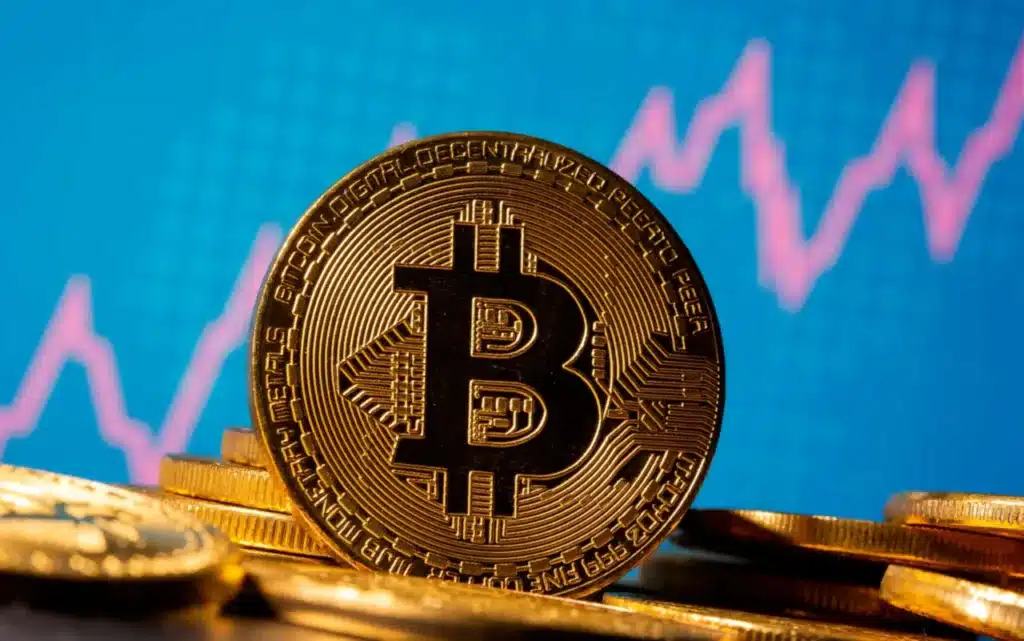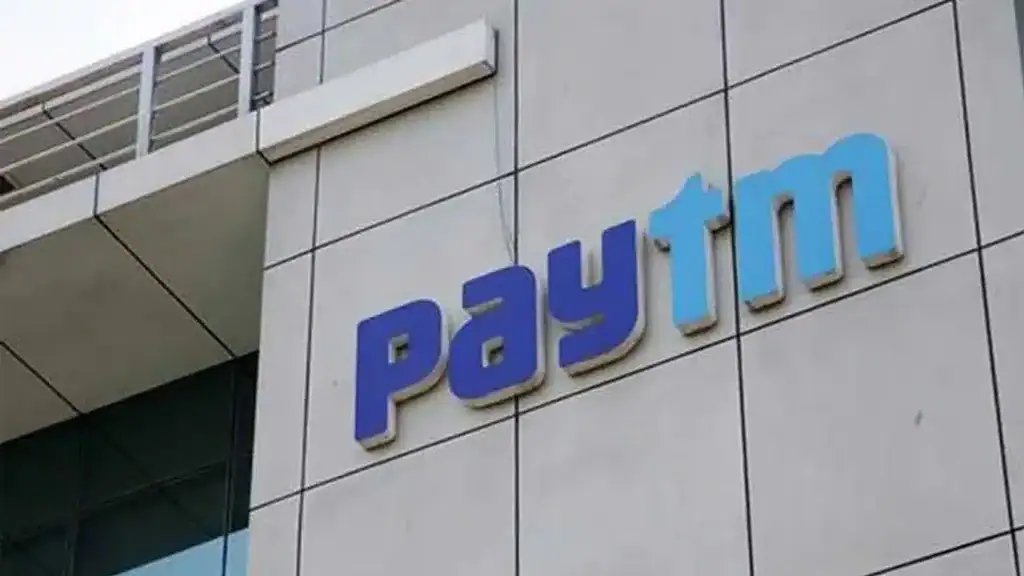Have you found the INR 2000 notes yet? Don’t worry; the final and easiest solution is to exchange INR 2000 notes, as described, beloved. If you cannot visit one of the 19 RBI issuing offices in person, you can send the notes to any of them via Indian Post. This simplifies the process and reaches more individuals.
Imagine it’s a typical Saturday morning in India. You’re sipping hot chai and reading the newspaper. Then, a headline catches your eye: “RBI Announces Withdrawal of INR 2000 Notes.” You check your stash and find only a few INR 2000 notes. The thought of exchanging them seems daunting, but there’s a silver lining.

The Reserve Bank of India has made the process easy. This was shocking news, given the RBI’s May 19, 2023 announcement. They’ve set up efficient ways to exchange INR 2000 notes. Banks, post offices, and RBI issue offices are ready to help.
Key Takeaways: Where should I exchange INR 2000?
- The RBI announced the withdrawal of INR 2000 notes starting May 19, 2023.
- INR 2000 notes remain legal tender until September 30, 2023.
- Citizens have approximately 5 months to exchange their INR 2000 notes.
- Individuals can exchange up to 10 notes (Rs. 20,000) per transaction at banks and RBI offices.
- Valid identification documents such as voter ID, PAN card, or Aadhaar card are required for the exchange.
- Banks and post offices across India are participating in the note exchange.
Introduction to the INR 2000 Note Withdrawal
The Reserve Bank of India (RBI) has made a big move by stopping the use of INR 2000 notes. This change comes from learning from the 2016 demonetization. It aims to fight black money and fake currency. The INR 2000 note was a big part of the money in 2016. By March 2017, it comprised 50.2% of all money in use.
But the use of these notes has gone down a lot. By March 2018, only 37.26% of the money was INR 2000 notes. By November 2021, it was just 1.75%. The RBI stopped making these notes in 2019 and 2020. This shows they are focusing on smaller money values. INR 2000 notes went from 3.362 billion to 2.233 billion by November 2021.
The 2016 demonetization was a big change. Banks had to take INR 15.28 lakh crore of old notes. This showed the need for careful money policies. The RBI’s plan to get rid of high-value notes is key. It helps fight against money crimes.
Based on data, the RBI has set deadlines for stopping the INR 2000 note. There’s been no new printing of these notes for two years. Also, fake INR 2000 notes have gone up 55% in FY22. The Income-Tax Department’s raids have found a lot of hidden money. This makes the RBI’s move to stop these notes even more important.
Steps for Replacing INR 2000 Notes at Banks are closed.
Before 7 October 2023, banks had set up steps to make exchanging INR 2000 notes easy for customers. Knowing the procedure to replace INR 2000 notes helps you understand what you need. This includes limits and special instructions from major banks.
Still, there are three options to replace INR 2000 notes
- Visit any 19 RBI branch addresses, stay in the queue, and exchange in person. This is time-consuming and expensive for those not staying in the RBI branch where you do not stay.
- Approach any broker who exchanges against a fee of 150 to 500 per note of INR 2000; this is good but not legal for those who can afford the fees and save time.
- The last and best option is to visit your city/town post office; after filling in forms and paying fees, you can exchange it hassle-free; the procedure follows below.
Easy Options to Exchange INR 2000 Notes at Post Offices: Circular dated 13.10.2023
Post offices are a great choice. They are perfect for those in rural or remote areas where banks are scarce. Here’s how to use post offices to exchange INR 2000 notes.

Conclusion:
Procedure for Post Office Exchanges
- Just visit your nearest post office with the notes. You can exchange them over the counter, following RBI’s rules.
- Fill out the attached forms (Annexure B) and make three copies.
- Attach a copy of the bank passbook front page/statement on which you want to credit the amount.
- Insurance charges of INR 170 to 180 per INR 2000 note will be payable at the post office.
- Per the maximum form, you can attach 10 notes for INR 2000.



